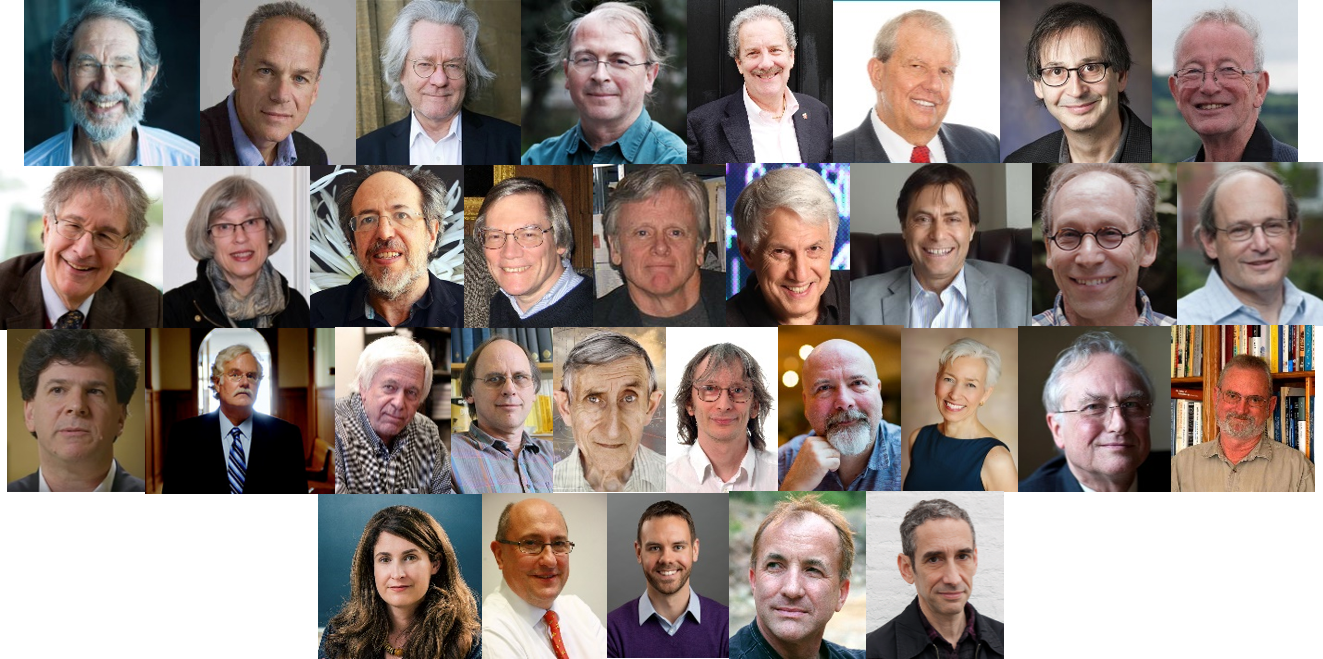This Idea Must Die: Intriguing concept, lackluster execution
In This Idea Must Die, John Brockman collected essays from notable thinkers of today to answer the 2014 Edge.org question: What idea has become a relic blocking human progress? A nice feature of this book is that there is a lot about which we book-clubbers can opine: the essay selection, the ordering of the essays, the content of the essays, the writing style of the essays, the originality of the essays, the authors of the essays, etc. And opine we have!
The first few essays all pretty much said the same thing: there is no Theory of Everything. After reading the first essay, the following essays fell flat-- the point had already been made. Although we read arguments dismantling the case for a theory that unified the mathematics describing the universe, it was hard for non-theoretical physicists to truly understand the point. Not necessarily because the writing was overly technical, although sometimes it was, but because the authors frequently failed to frame their arguments within a context relevant for an outsider to their specific field of research. Stereotypes of aloof physicists, out-of-touch with the real world, were thus reinforced. Bashing string theory while making the assumption that all humans follow and understand this debate is doubly condescending. And the redundancy of essay topics truly blunted the edginess of any attempt at a novel argument.
I will spare you my frustration about the jargon-filled and ego-laden, pseudo-arguments made in most of the essays – at least for now. On a positive note, a few of the essays did teach us something new, and made us think deeper, drawing us to lines of thought far-removed from our typical work and interests. Like Infinity by Max Tegmark! Who knew there is more than one type of infinity?! The essay on Entropy by Bruce Parker was similarly notable. It tackled a complex problem and was able to put in words the typical confusion many have when grappling with the concept of entropy, which measures the amount of disorder in a system. The idea also actually seems radical, and it is one of which I have never before heard. It was the type of intriguing essay I expected for a book teasing about retiring outdated scientific ideas. Other favorite essays include "The Rocket Scientist" by Victorie Wyatt (my personal favorite thus far) and Indivi-duality by Nigel Goldenfeld (resonated with a few book club goers). Notice that you don't need to own the book to read the essays, they are all freely available on edge.org. Lastly, I must comment, the demographics of this book are pitiful.

So far, of the 32 authors we have read 29 are male. Based on a crude googling of every author in this first section, the average age (where published online) is ~65 +/- 10 years. And, there are virtually no people of color. If we are looking to radically change the direction of science, asking a bunch of old, white dudes will not accomplish this goal. Regardless of the quality of any individual's response, the scope of this book is blatantly narrow and we are certainly missing out on voices that are ready to argue an idea that must die.

Comments